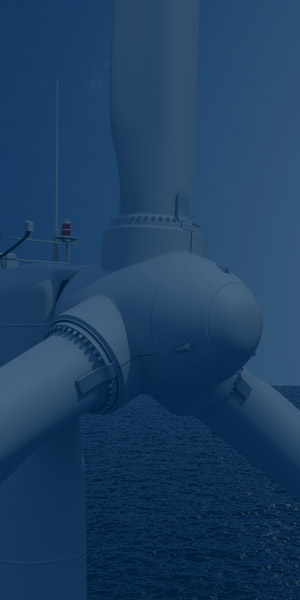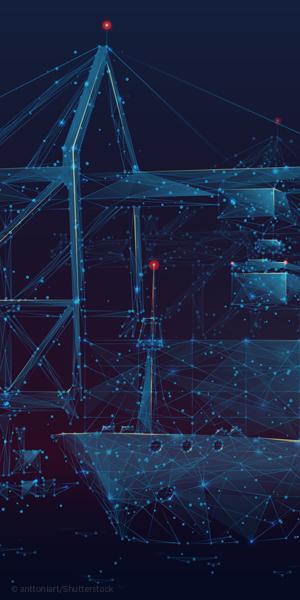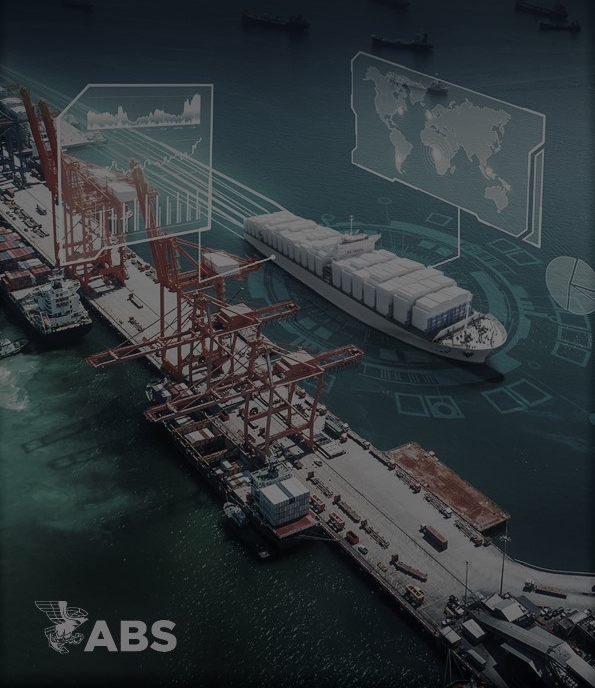Quick Links
- Rules and Resources
-
Services
Quick Links
Sustainability and Decarbonization- Energy Efficiency Existing Ship Index (EEXI)
- Sustainability Reporting and Assurance
- Simulation-based Energy Efficiency Evaluation Service (SIM EEE)
- Greenhouse Gas (GHG) Rating Improvement
- Greenhouse Gas Inventory and Carbon Accounting
- Carbon Capture, Utilization, and Storage (CCUS)
- Alternative Fuel Options
- Alternative Power Sources
- Marine Sustainability
- Offshore Sustainability
- Green Shipping Corridors
- Methanol Value Chain
- Gas
- Carbon Intensity Indicator (CII)
- Ammonia Value Chain
- Carbon Diligence Platform
- Innovation and Technology
-
News and Events
Quick Links
-
About
Quick Links
- Rules and Resources
- Services
- Innovation and Technology
- News and Events
- About Us and Careers
- Rules and Resources
- Rules and Guides
- Regulatory Updates
- Flag and Port State
- Engineering Software
- Engineering Reviews
- ABS MyFreedom™ Portal
- Databases
- Forms
- Services
- Classification
- Approval and Certification
- Company and Ship Audits
- Global Marine
- Global Offshore
- Global Government
- Sustainability and Decarbonization
- Digital Solutions
- Cybersecurity
- Maritime Training
- Innovation and Technology
- Technology Advancement
- Academic Engagement
- Industry Partnerships
- Data and Digitalization
- Knowledge Center
- About Us and Careers
- Who We Are
- Safety
- Careers
- Contact Us
Simulation
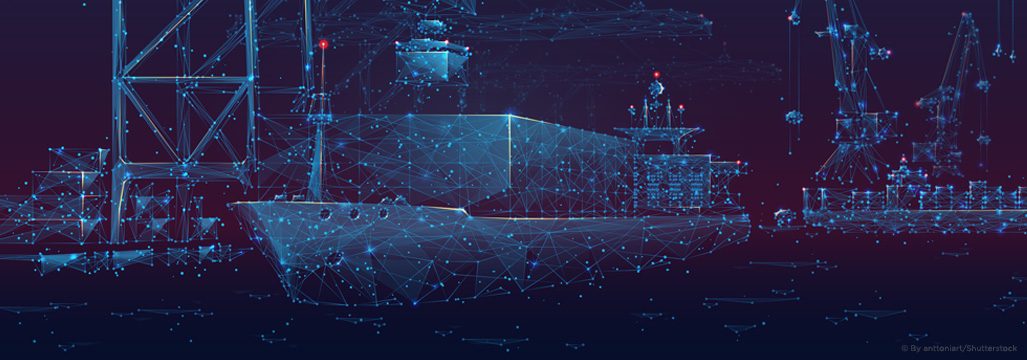
Computer-based modeling and simulation for maritime application
As industries adopt digital technologies, stakeholders are faced with increasingly complex challenges with the product lifecycle. Advances in automation, digitalization, and system design require industries to adopt new tools and skills to tackle these emerging challenges. Computer-based modeling and simulation, as an essential component of digital transformation, is one of the most effective methods to address system complexities and performance in the maritime, aerospace, electronics, transportation and energy industries.
WHAT IS MODELING AND SIMULATION?
Modeling and simulation provide a virtual representation of a physical asset that can be analyzed, configured, and tested in a safe and cost-effective way. By employing multi-domain, physics-based simulation models, engineers can assess the performance and reliability of complex computer-based systems, evaluate various system designs and validate system configurations through testing. The following are maritime examples where modeling and simulation can be applied:
Carbon reduction analysis of vessels in accordance with energy efficiency standards, including the Energy Efficiency Existing Ship Index (EEXI) and Carbon Intensity Indicator (CII)
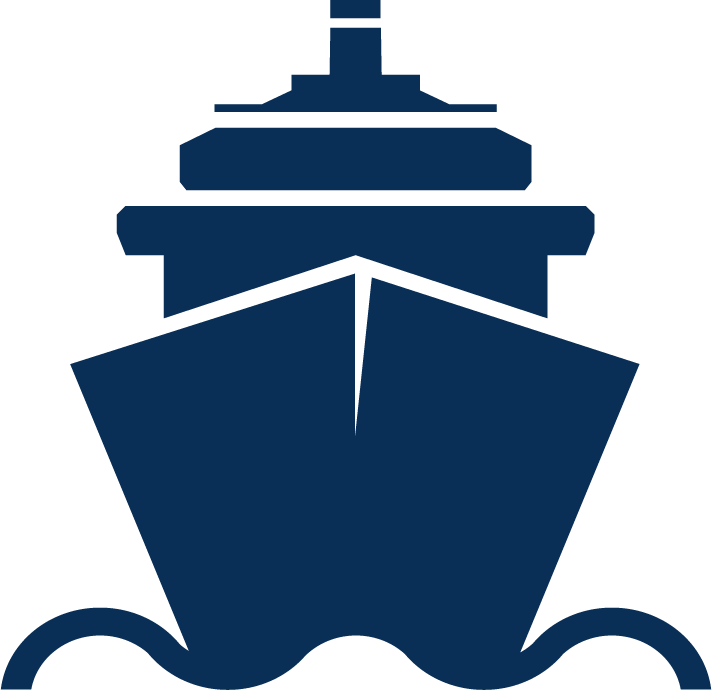
Ship routing optimization

Testing and validation of controllers of a computer-based system in a virtual environment

Application of new green technologies onboard vessels

Supplement physical commissioning to reduce physical testing costs, commissioning time and risks
ABS SIMULATION CAPABILITIES
ABS Digital Class offers simulation (SIM) capabilities to support energy efficient newbuilds and retrofitting projects for shipowners. By leveraging SIM-based technologies and services, owners receive critical guidance on the performance and carbon reduction of vessel machinery systems and sub-systems when evaluating proposed newbuild and retrofitted design projects.
Virtual Commissioning
Virtual Commissioning allows virtual testing to be approved by ABS as an alternative or supplement to physical commissioning. This enables shipyards and manufacturers to reduce physical testing costs, commissioning time and risks.
Verification and validation of the virtual commissioning process and capability will require strong partnerships. ABS is working on dozens of joint development projects using simulation with clients in North America, Europe, China, Korea, Japan and Singapore. If you would like to collaborate with ABS on a joint development project, please contact the ABS SIM.
Green Shipping Corridor Simulation
The ABS Green Shipping Corridors Simulation service is designed to be the cornerstone solution for any green shipping corridor, providing the data needed to make design, development, and implementation decisions. With so many stakeholders and variables, a solution is needed that takes into account all variables while also providing both a macro and micro level analysis. From determining the optimal route for a corridor to deciding vessel construction needs for operating within that route, the ABS Green Shipping Corridors Simulation can address all stakeholder needs.
SIM-based Energy Efficiency Evaluation Service
ABS provides shipyards and ship owners with the transparent evaluation of their vessels’ carbon footprints for regulation compliance and cost savings. The ABS SIM based service uses model test results and equipment specifications in a simulation model to benchmark and optimize design options and configurations against operational profiles.
Learning Program – Modelling and Simulation of Systems
ABS conducts training for practical skills in modeling and simulation to meet the needs for digitalization in the maritime industry, particularly for maritime decarbonization. Through classroom courses and hands-on practices, this program covers:
-Fundamentals of marine systems
-Model-based system engineering
-Modeling and simulation of typical marine systems
-Simulation software applications (e.g., Siemens Amesim)
If you’re interested in training for your organization, contact us.

© 2024 American Bureau of Shipping. All rights reserved.













